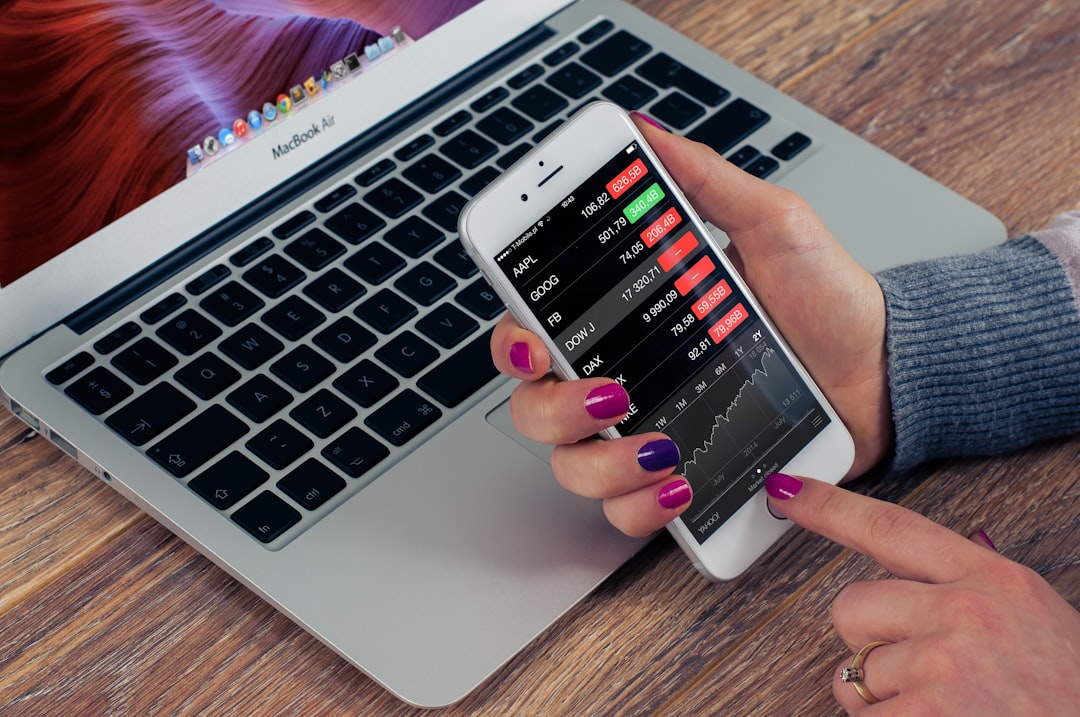Inflation is a term that we often hear in the news, but what exactly does it mean and how does it affect our everyday lives? In simple terms, inflation refers to the increase in prices of goods and services over time. This means that the purchasing power of our money decreases as prices rise.
The impact of inflation can be felt in various ways, but one of the most significant effects is on our wallets. Inflation erodes the value of our money, making it more expensive to buy the same goods and services. This means that we are able to buy fewer items with the same amount of money, leading to a decrease in our standard of living.
For example, let’s say you used to be able to buy a loaf of bread for $2. However, due to inflation, the price of that same loaf of bread has now increased to $2.50. This means that you are now paying 25% more for the same item, which can add up over time and impact your overall budget.
Inflation can also affect the cost of living, as prices for essentials such as groceries, rent, and utilities can increase. This can put a strain on households, especially those with fixed incomes or low-wage earners. As prices rise, these individuals may have to cut back on expenses or use savings to cover the increased costs, which can lead to financial instability.
Additionally, inflation can have an impact on investments and savings. The returns on savings accounts and investments may not keep up with inflation, meaning that the real value of these funds decreases over time. This can erode the purchasing power of our savings and make it more difficult to achieve financial goals such as buying a home or retiring comfortably.
Inflation can also have broader economic impacts, such as reducing the competitiveness of businesses and affecting employment levels. Companies may have to raise prices to cover increased costs, which can lead to a decrease in consumer spending and a slowdown in economic growth. This can result in job losses and hardship for workers who may struggle to find employment in the face of a shrinking economy.
So, what can we do to protect our wallets from the impact of inflation? One strategy is to invest in assets that have historically outperformed inflation, such as stocks, real estate, and commodities. These investments have the potential to provide returns that can outpace inflation and preserve the value of our money over time.
Another strategy is to regularly review and adjust our budgets to account for rising prices. This may involve cutting back on non-essential expenses, shopping around for better deals, and finding ways to increase our income. By being proactive and diligent in managing our finances, we can mitigate the effects of inflation and protect our wallets from its erosive effects.
In conclusion, the impact of inflation on our wallets is significant and can have far-reaching consequences on our financial well-being. By understanding the causes and effects of inflation, we can take steps to protect ourselves and our finances from its negative effects. By investing wisely, managing our budgets effectively, and staying informed about economic trends, we can navigate the challenges of inflation and ensure a more secure financial future.


